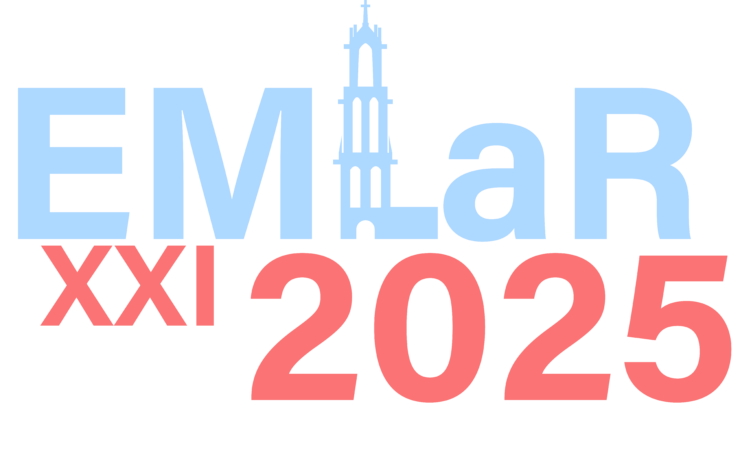Speakers
Roberta D’Alessandro
When we think of community-engaged data collection or fieldwork, we usually imagine linguists documenting languages from scratch, languages that no linguist has studied before. For that type of documentation, specific protocols and step-by-step procedures are usually followed, which are shared and used by most fieldworkers.
But how should data collection be approached for a language that is already known and documented for centuries, but exists in a heritage/emigrant environment? This variant of the language would differ slightly from its “monolingual” counterpart, but won’t need documentation from scratch. And what if the remaining speakers are few, elderly and, for instance, unable to read?
This class will focus on data collection involving minority speakers with specific characteristics, such as old age, low literacy, and the use of a minoritized language. Some of the key questions we will explore are: What is the best approach for working with these speakers? What types of stimuli should we present? How do we obtain “informed” consent? How should we engage with the community? And how do we navigate bureaucratic requirements, such as GDPR, while respecting speakers’ expectations regarding anonymity?
Roberta is affiliated with , see her website.



